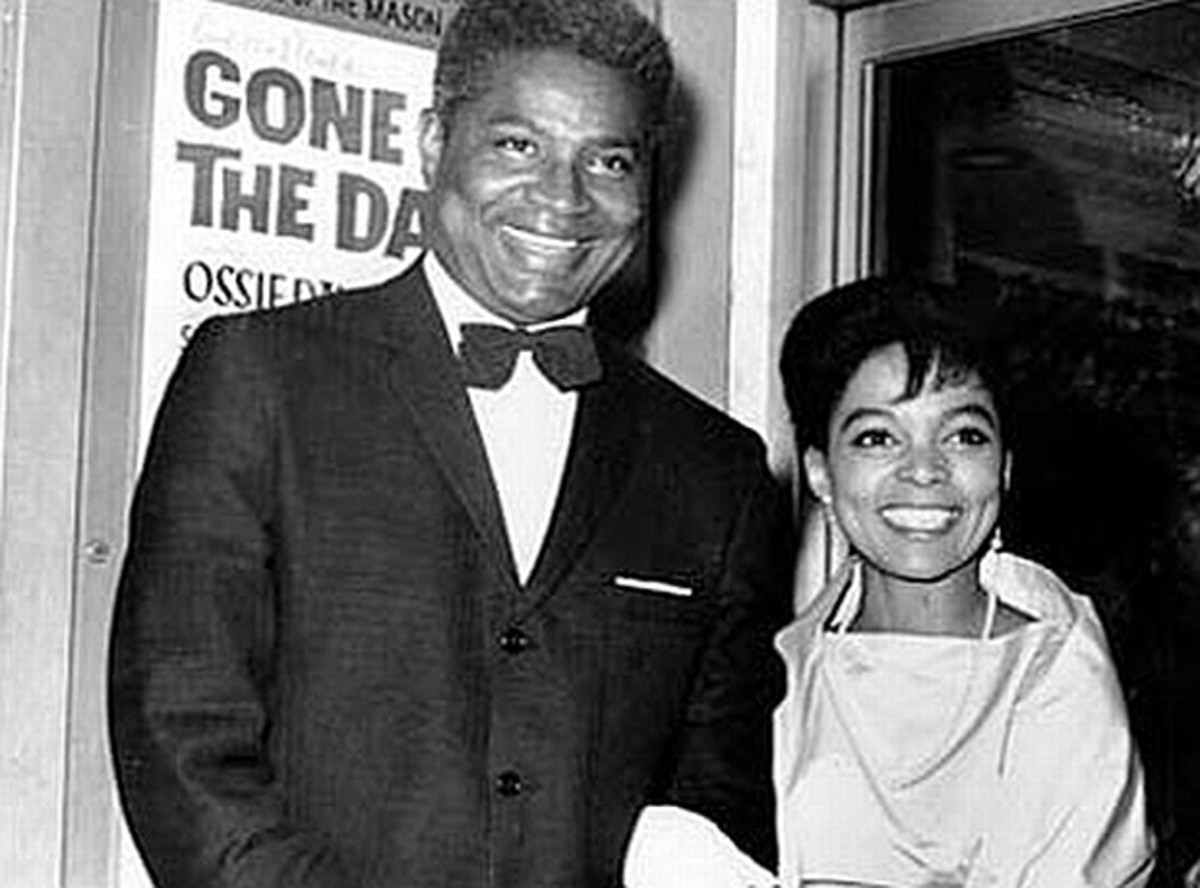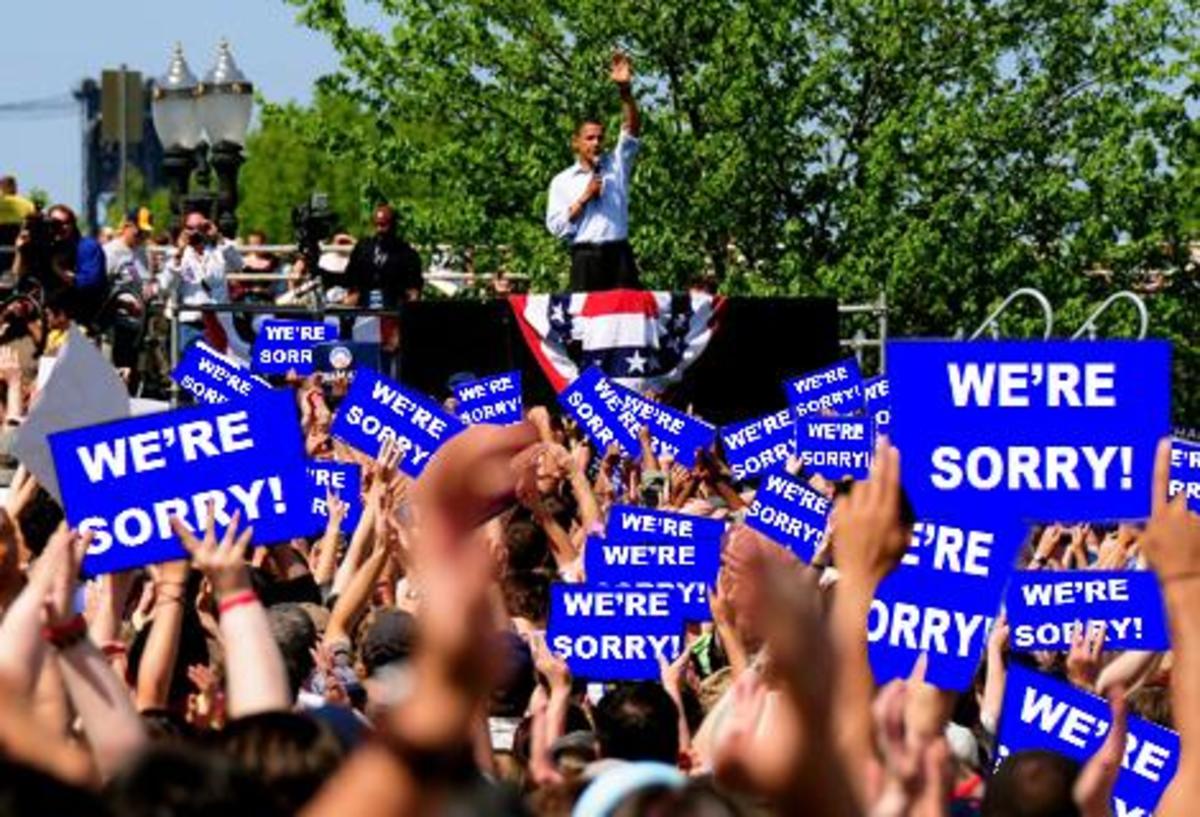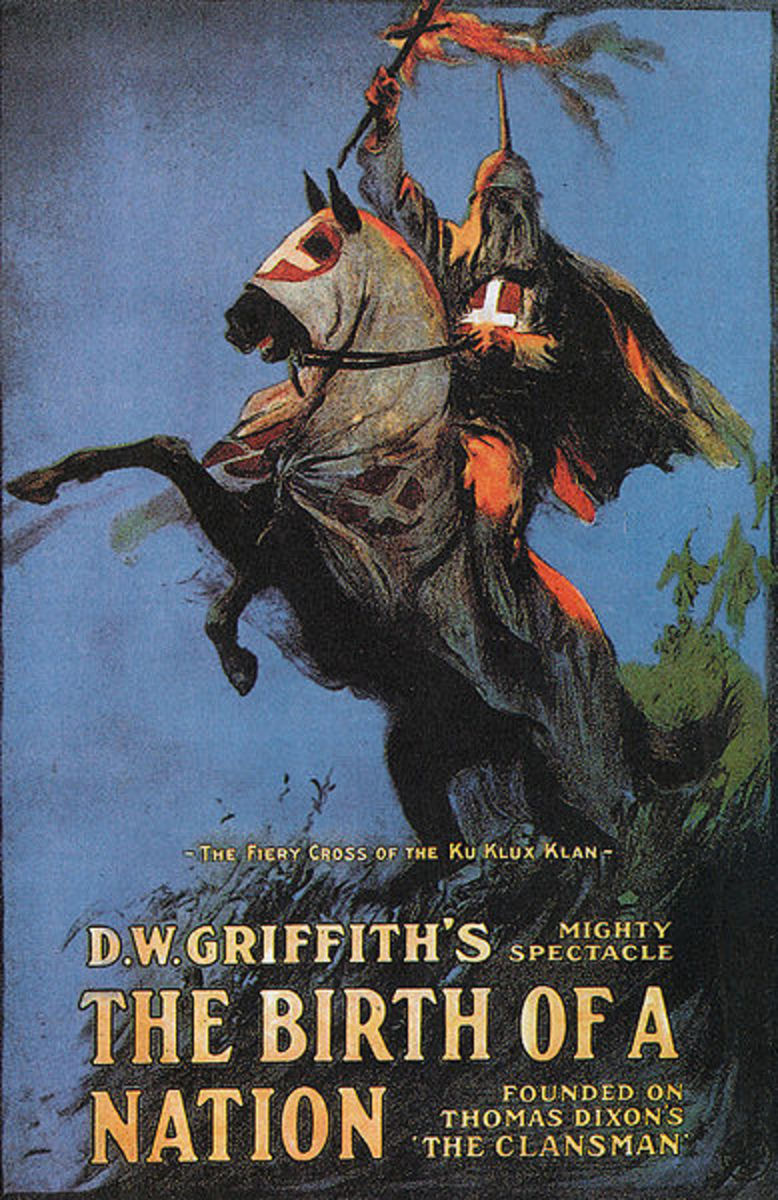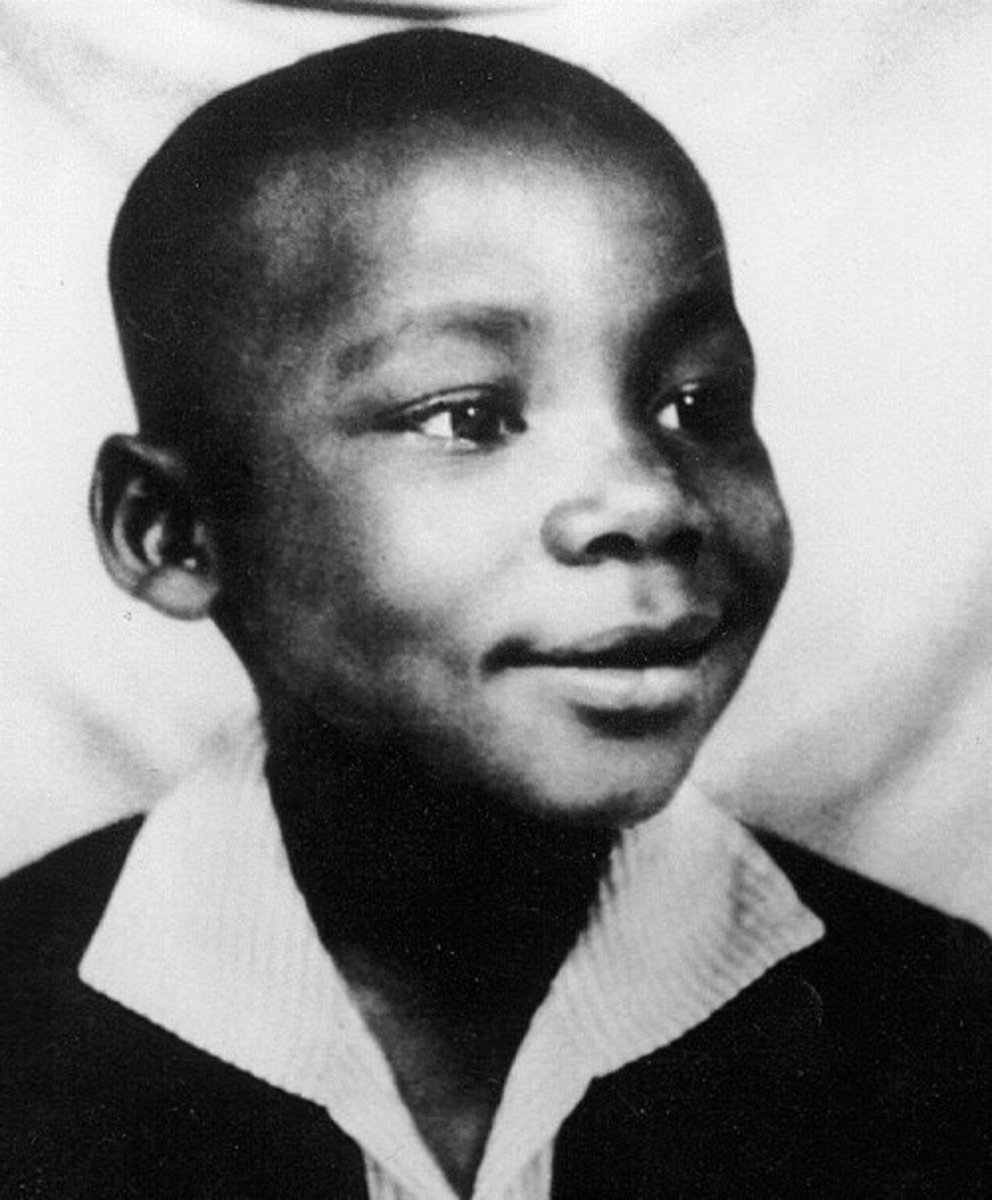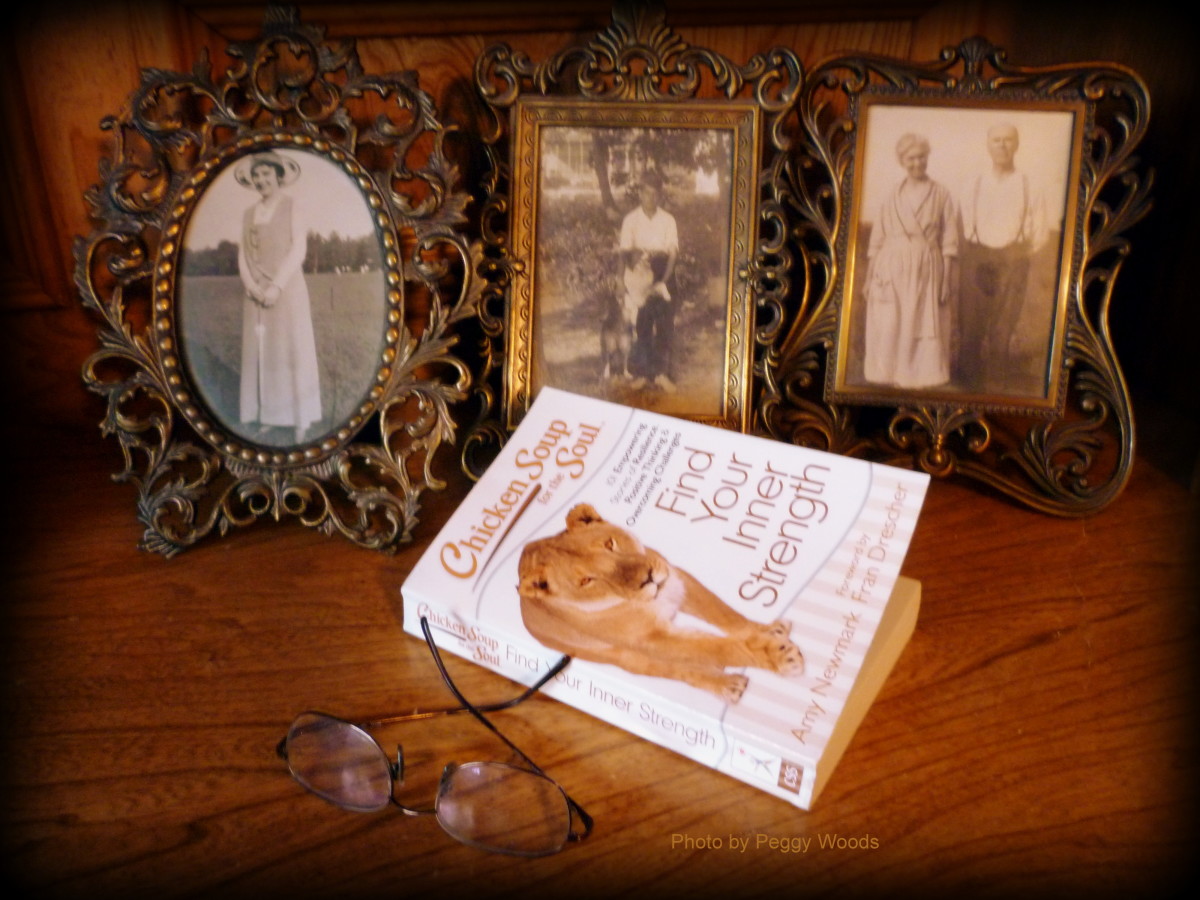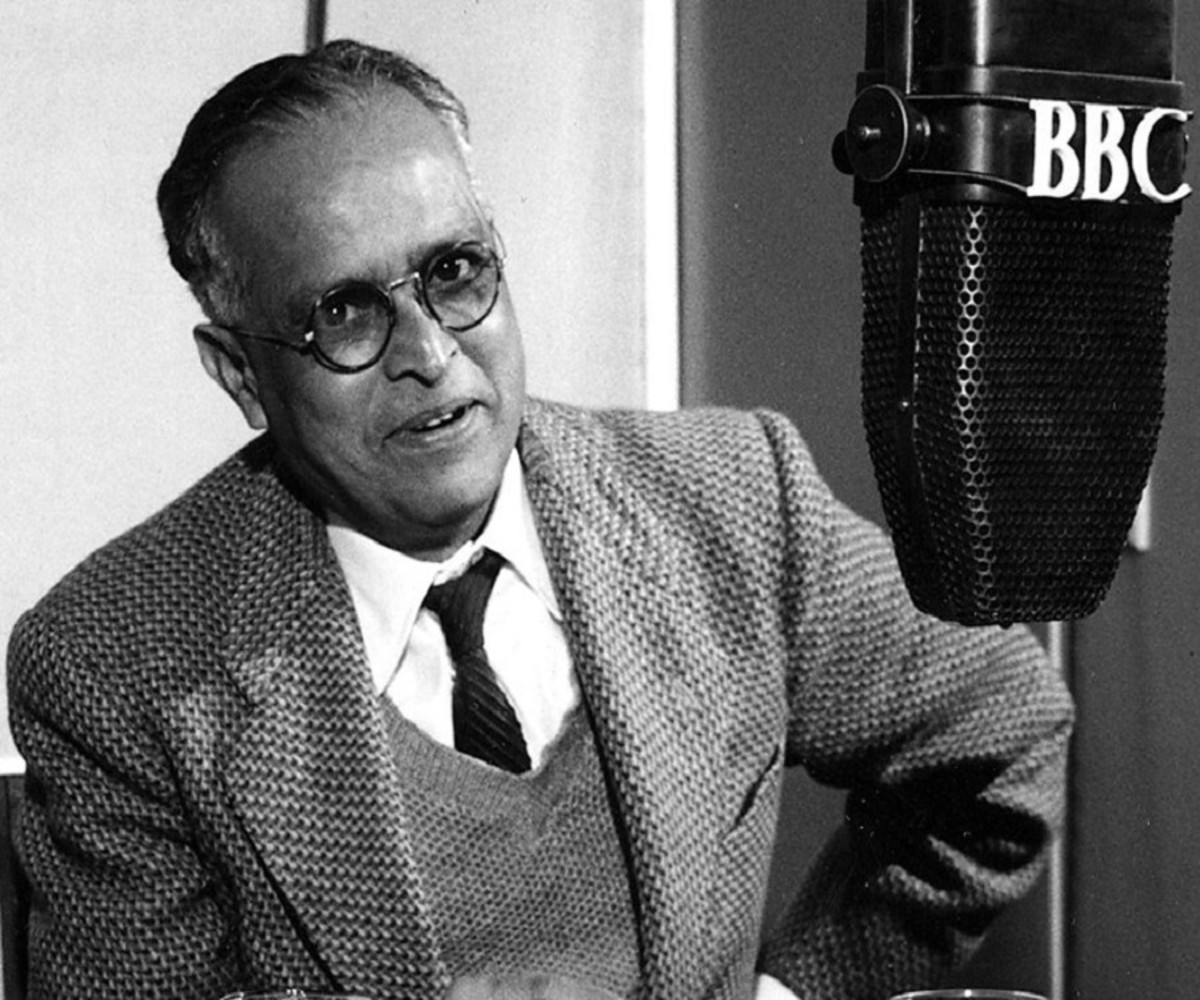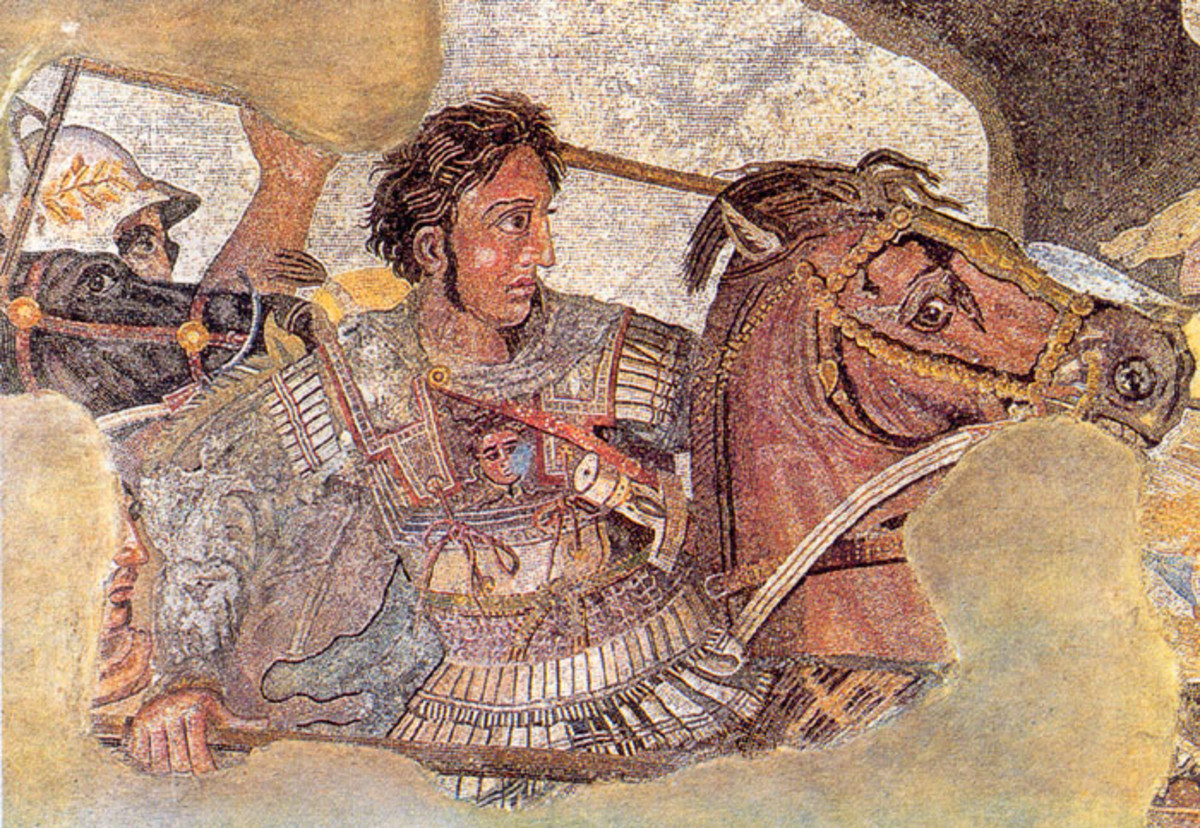Revisiting Black Like Me by John Griffin
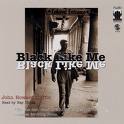
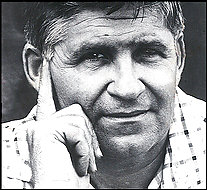
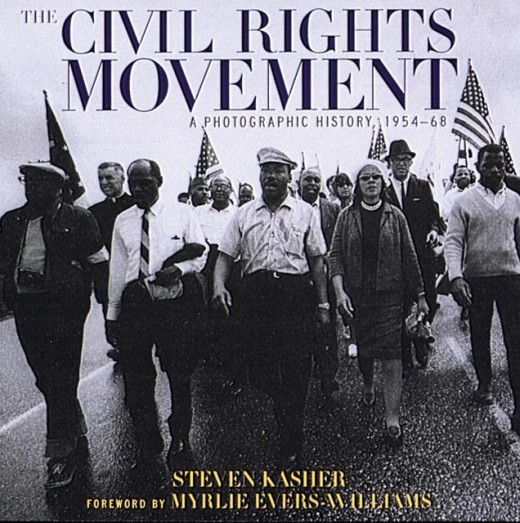

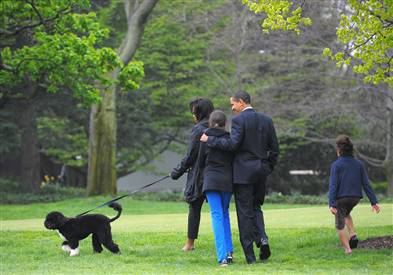
Have We Really Advanced in Race-relations?
I recently listened to the audio book, Black Like Me by John Howard Griffin and I am amazed by the profound effects that it has on me. I have gone through the gamut of emotions from crying and sobbing uncontrollably to laughing and shaking my head in recognition of some of the feelings and emotions he describes so well. Why did I read this book? I heard about it several years ago, but it did not stir much interest at the time. I thought that I did not want to be reminded about a past that continues to be a stain on the human condition. Jim Crow America was so dehumanizing to African Americans that many people, black and white would rather forget. Little did I know that this book would touch me so deeply as well as help me to label some of the experiences that I have occasionally encountered in the last twenty years. Experiences that have sometimes left me thinking how much worst it must have been for blacks living in North America prior to late 1960s.
I listened to the audio book in small doses as I felt that listening for long periods would become intolerable. Since starting this book, I have been constantly thinking about the experiences of diminishing humanity that Griffin so eloquently described in the pages of the book. I have realized how racism damages the psychic of both the oppressed and the oppressors. I am beginning to see how my childhood to young adulthood was very sheltered. Growing up in a country where I was not aware of the disparities of being black in the world was indeed a blessing or was it? As a matter of fact, I did not think about my race until in my late teens; it was a none issue. This has rendered me naïve to some of the harshness of racism and the inequities and inhumanity of prejudice.
Griffin's Social Experiment: Griffin, a white man, born in Texas, transformed himself to a black man using medication, sun lamps and make up. He described his six weeks experiences as a black man travelling through the segregated American South in 1959. His travels took him through Georgia, Mississippi and Alabama. His social experiment was taking place prior to the beginning of the civil rights movement. During this period race relations were at it's absolute worst in America; lynching and mob-style violence was waged against blacks in the south. There was much prejudice and brutality, based on ignorance and selfishness. Griffin's descriptions of his encounters with bigotry are shocking and moving. He described the emotions of fear, hostility and downright hatred that he felt as he encountered racism and desperation as a black man in America. He experienced poverty, destitution and feelings of frustration, hopelessness and abandonment as he traverse throughout southern USA.
Juxtaposition of being white then black: The juxtaposition of Griffin's experiences as a white man then as a black man served as a most revealing confirmation that blacks were judged by the colour of their skin, not their character. Griffin pointed out in describing his transformation to black, that although he was the same person, wearing the same clothes; the only difference was the colour of his skin; as soon as he became black he was treated less than a human. His experiences were diametrically opposing; as a white person he had freedom, he was treated with respect and courtesy. He could shop, dine and visit any establishment that he desires. He would be treated like a human; people acknowledged him, smiled at him and greeted him. Once he became a black person, it was as if he became invisible, - "..they looked at me but did not see me" no one made eye contact, no one smiled at him or acknowledged him as a person. He could not enter most establishments unless they were labelled "COLOURED"
Griffin's immersed in black culture: Griffin described his initiation to become immersed in the black culture of the south. He started adapting the mannerism of the blacks; not making eye or only speaking if spoken to. He described a kind of kindred spirit and dignity among the blacks even though they were living in desolation. He also described intra-racism among the blacks themselves; as they reflected the hatred they received to themselves as well as to the whites. Griffins described some of the political, judicial, social, economical and cultural disparities among the American blacks in the segregated south. He also mentioned some of the stereotypes about blacks that are still held by whites and even some blacks even today.
Interactions of blacks and whites:Griffin's description of the interactions of blacks and whites in public spaces, such as on buses, trains, university campuses or in other public areas, such as on the streets or post offices and workplaces revealed much fear and anger. His description gave full details of the socio psychological effects of the pre- civil rights era on the psyche of both black and white Americans. There was obvious disdain for blacks, even outright hatred, as in his description of the ticket vendor who refused to sell him a bus ticket because he presented a ten dollar bill. This is very difficult to fully comprehend if you were born in a country devoid of overt racism or were born in an era when racial equality was the order of the day. However, anyone can feel the anxiety and fear that the races felt during this era in American history as described by Griffin. I still struggle to understand what the reasons for the animosity were and why was it so pervasive. Did the whites fear that the blacks would take revenge for being treated inhumanely? Or was it hatred based on resentment to share resources?
A Sense of being Invisible: Griffin's description of a sense of invisibility resonated profoundly with me. I was reminded about my own experiences, though not quite as dehumanizing as what Griffin described in his book. I was reminded of my first experiences of taking public transportation in North America. I was shocked that no-one acknowledged me as a person. It was as if they looked straight through me as if I wasn't there. I remember how excited I was and how my smile froze on my face as I eventually realized that no one cared or even acknowledged my presence. That was a rude awakening. It still bothered me when I'm addressing someone and they do not make eye contact. It is similar to what my clients with physical disabilities express; that some people do not look at them or address them directly but rather spoke with the able-body person that they are with. They sometimes feel like they are treated as if they had a mental disability, not a physical one.
Epilogue to the Book: Griffin's epilogue to the book, Black Like Me, was written in 1976. It looked back on race relations in America since he started his social experiment in 1959 to 1976. He posits that prior to the civil rights movement; most white Americans did not acknowledge that racism was a part of the American reality. They think of racism only as Nazi suppression of Jewish people, the concentration camps, and the gas chambers. Griffins argued in 1976 that if we cannot accept that racism was a reality in America, then how can the issue be addressed? Griffins argue that while the Civil Rights movement was successful in righting some of the wrongs of racism, much more was needed; the struggle continues. Equal opportunity was necessary. It was also important for blacks to speak up and tell their stories and be acknowledged for their accomplishments. His post-civil rights evaluation of black inclusion in the political, social and economical development of America was often hampered by bureaucracy as well as deliberate measures to exclude. Blacks were sometimes not invited to consultations on how to handle race relations in their communities.
Inner City Disparities: Twenty four years after Griffin's epilogue, race relation remains a challenge in America. Even though there are more opportunities for black people to advance in all areas of life, privately and publicly, there remains some embers of racism. It is often very subtly and not easily identified; police profiling is one of the more subtly form of racism. Disparities in education, Health care and job opportunities are still challenges that not only inner city low income families encounter, but also rural low income families. Blacks are disproportionately represented in this demographics. Guns and drugs are weapons of mass destruction used in the killing of our inner city youth; as kids kill each other in their strive to be somebody. They feel hopeless and invisible that killing one another is their way of gaining recognition.
The present administration in Washington attempts to create opportunities for the poor and elderly to gain access to health care. Though public health care has its challenges, it is definitely necessary for any modern economy to offer medical assistance to their elderly population, people on fixed income, the unemployed and the poor. Opponents of universal heath care play on the fears of socialism as a mean of criticizing health care reforms in America. This reminds me of the cold war era when communism was a public fear and before that was McCarthyism.
I am profoundly impacted by the novel, Black Like Me. Even though John Howard Griffin became an exile in Mexico after the release of this book, he had eloquently exposed racism and its ugliness in America. Over the last forty years, race relations have improved in North American and the world, but we still have some ways to go. God bless America! God bless us all!


